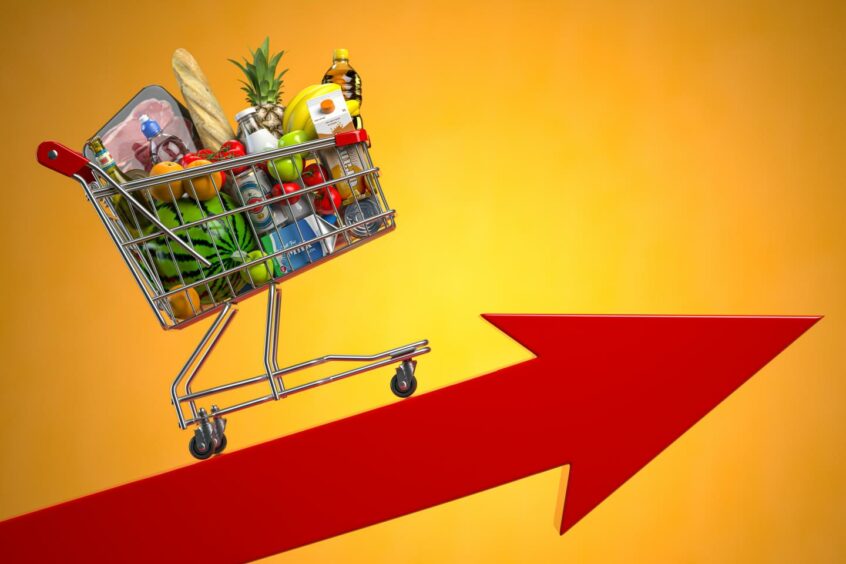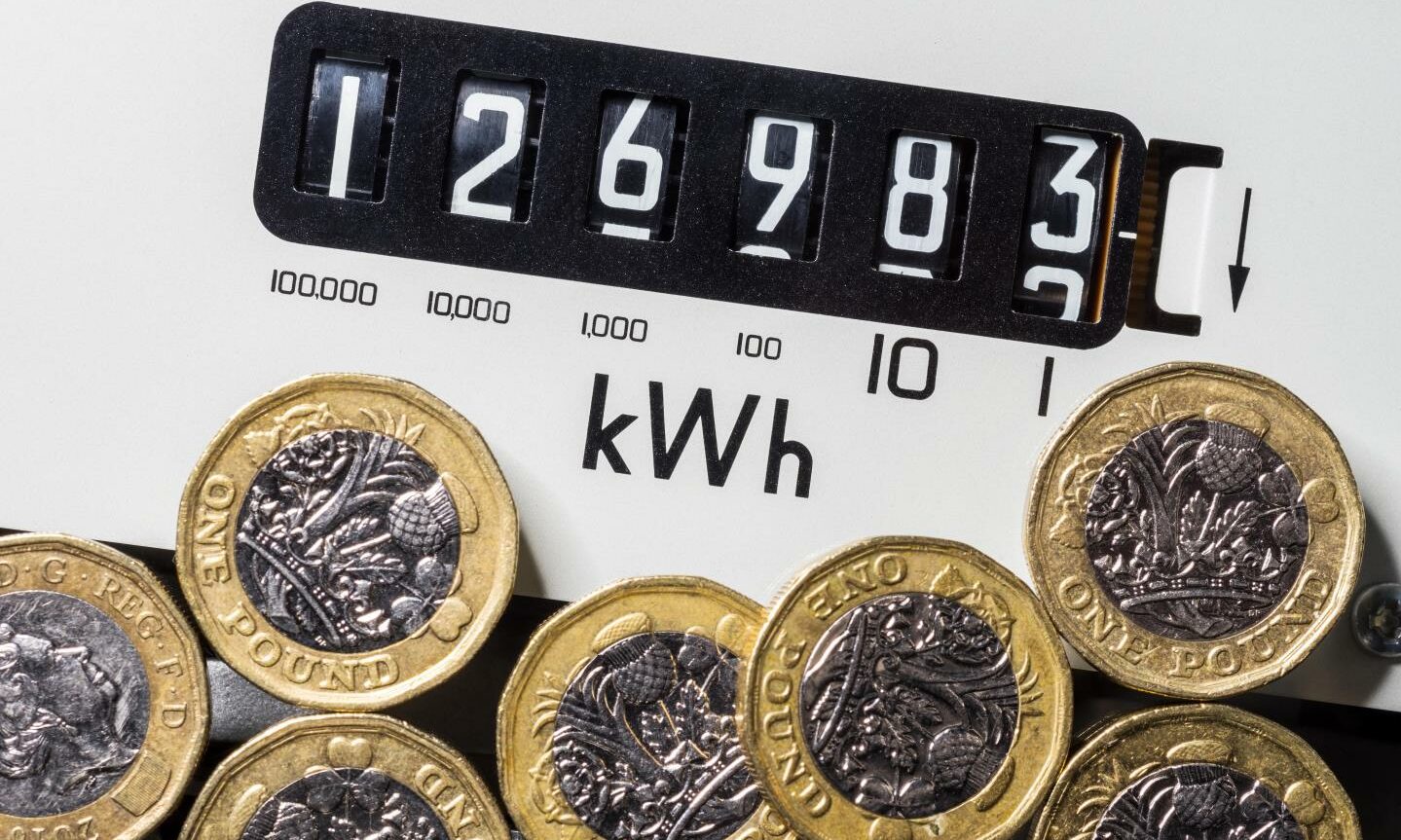The rising cost of living is the biggest concern facing Scots at the start of 2022, a high street bank’s study has revealed.
TSB found inflation was uppermost in the minds of people it surveyed for its latest Money Confidence Barometer.
More than half (54%) of those questioned in the UK-wide research cited it as their biggest source of anxiety.
Nearly one-third (31%) felt less confident in their financial situation as a result.
But for most people confidence in their overall financial situation remains steady, compared to six months ago.
The research, based on responses from more than 5,000 adults, aimed to measure UK consumers’ sentiment when it comes to managing their finances.
More than four-fifths (82%) had already experienced an increase in their costs of living, such as more expensive groceries, day-to-day essentials, and gas and electricity.
As a result, nearly a quarter (23%) had dipped into savings, almost one in five (19%) had changed their usual habits or behaviours – such as changing shopping habits – and more than one-third (36%) ha cut back on spending on non-essential purchases.
Nearly one in five (19%) had increased debt either by taking out new credit, adding to existing credit or going into their overdraft.
TSB customer banking director Mark Curran said: “It’s clear many people are concerned about the impact of bills going up and rising inflation.
“Now is the time to really get on top of your finances.”
He added: “Our research shows that many people are able to save money and budget better by using digital banking.
“We know that many of our customers need support – and we’re delivering new tools and features that will help them to develop confidence with their finances.”
One in 10 people struggling with their finances
The research found 67% of people using online banking felt more confident about their money situation.
More than two-fifths (42%) said using online banking helped them save money every month – £166 on average.
In excess of one-third had increased (36%) or maintained (36%) savings since June 2021.
Scotland ranked fifth in UK-wide financial health check
But the research also found that more than one in 10 (13%) people were struggling financially, with renters the hardest hit.
And overall financial confidence has decreased slightly since the last survey in June 2021.
The study measured people’s confidence in managing their cash across five different aspects of money management.
Breathing space
Meanwhile, research by credit score app firm TotallyMoney has found people are 31% more likely to be eligible for a credit card now than at the start of the Covid pandemic.
One way in which savers can give themselves some extra breathing space amid rising inflation is by cutting the cost of borrowing every month with a balance transfer card.
Balance transfer cards charge 0% interest for a set period of time – currently up to 35 months.
This means 100% of your repayments go towards clearing your debt and not towards paying interest, so you can pay off your debts quicker and cheaper.
On average, these charge a fee of 2% of the transactional value.
TotallyMoney said it was always worth doing some calculations before applying.
A customer’s average interest-bearing monthly balance is £2,898, which means not switching to the market-leading offer could cost an extra £1,831, the financial technology firm added.
TotallyMoney chief executive Alastair Douglas said: “As we enter 2022 we should all be making the new year’s resolution to avoid paying unnecessary interest – especially at a time when many are feeling the squeeze of the soaring cost of living as the inflation rate hits a 10-year high.”



